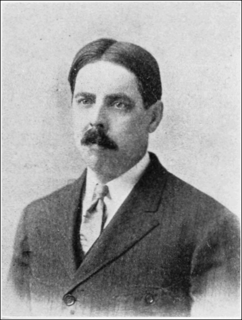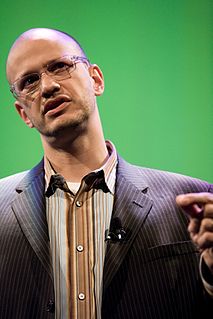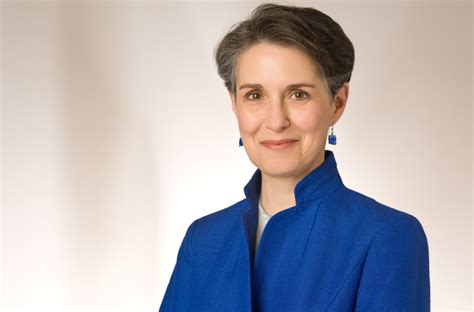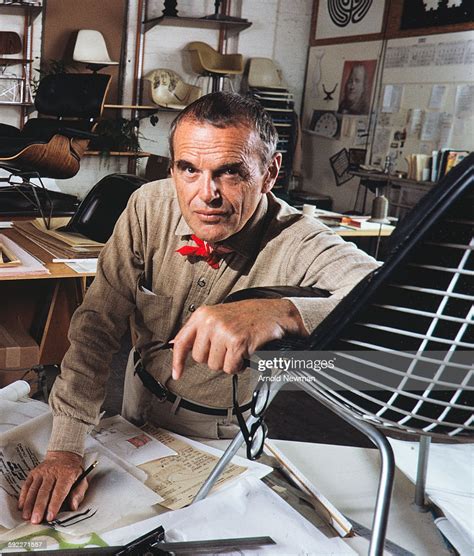A Quote by James Altucher
Everyone is an entrepreneur. The only skills you need to be an entrepreneur: an ability to fail, an ability to have ideas, to sell those ideas, to execute on those ideas, and to be persistent so even as you fail you learn and move onto the next adventure.
Related Quotes
Ideas come mostly bottoms-up. They come when you have a free flow of ideas and you have people able to combine multiple ideas into one concept... And you've got to have competition, too. You've got to say, 'We're going to have 10 different ideas, nine of them are going to fail, and the one that does the best is going to move forward.'
What we have now is a communication ability. We have the ability to see working ideas that are going on in the great cities throughout the world and whether you live in Shanghai or you live in Sao Paulo, you have the ability of seeing and knowing the ideas of some of the greatest minds of our generation.
All I'm arguing for really is that we should have a conversation where the best ideas really thrive, where there's no taboo against criticizing bad ideas, and where everyone who shows up, in order to get their ideas entertained, has to meet some obvious burdens of intellectual rigor and self-criticism and honesty-and when people fail to do that, we are free to stop listening to them. What religion has had up until this moment is a different set of rules that apply only to it, which is you have to respect my religious certainty even though I'm telling you I arrived at it irrationally.
Many persons think that by hoarding money they are gaining safety for themselves. If money is your only hope for independence, you will never have it. The only real security that a man can have in this world is a reserve of knowledge, experience, and ability. Without these qualities, money is practically useless. The security even of money depends on knowledge, experience, and ability. If productive ideas are displaced by destructive ideas, economic life suffers.
Creativity is the generation and initial development of new, useful ideas. Innovation is the successful implementation of those ideas in an organization. Thus, no innovation is possible without the creative processes that mark the front end of the process: identifying important problems and opportunities, gathering relevant information, generating new ideas, and exploring the validity of those ideas.
That's not a utopian vision. It is a set of ideas that we think are important to discuss. Those ideas largely have to do with sustainability of cities. The ability of cities to, over time, remain in balance with the resource streams that are available to them, and they have to do with social justice and equity of the fundamental conditions of satisfactory citizenship.


































